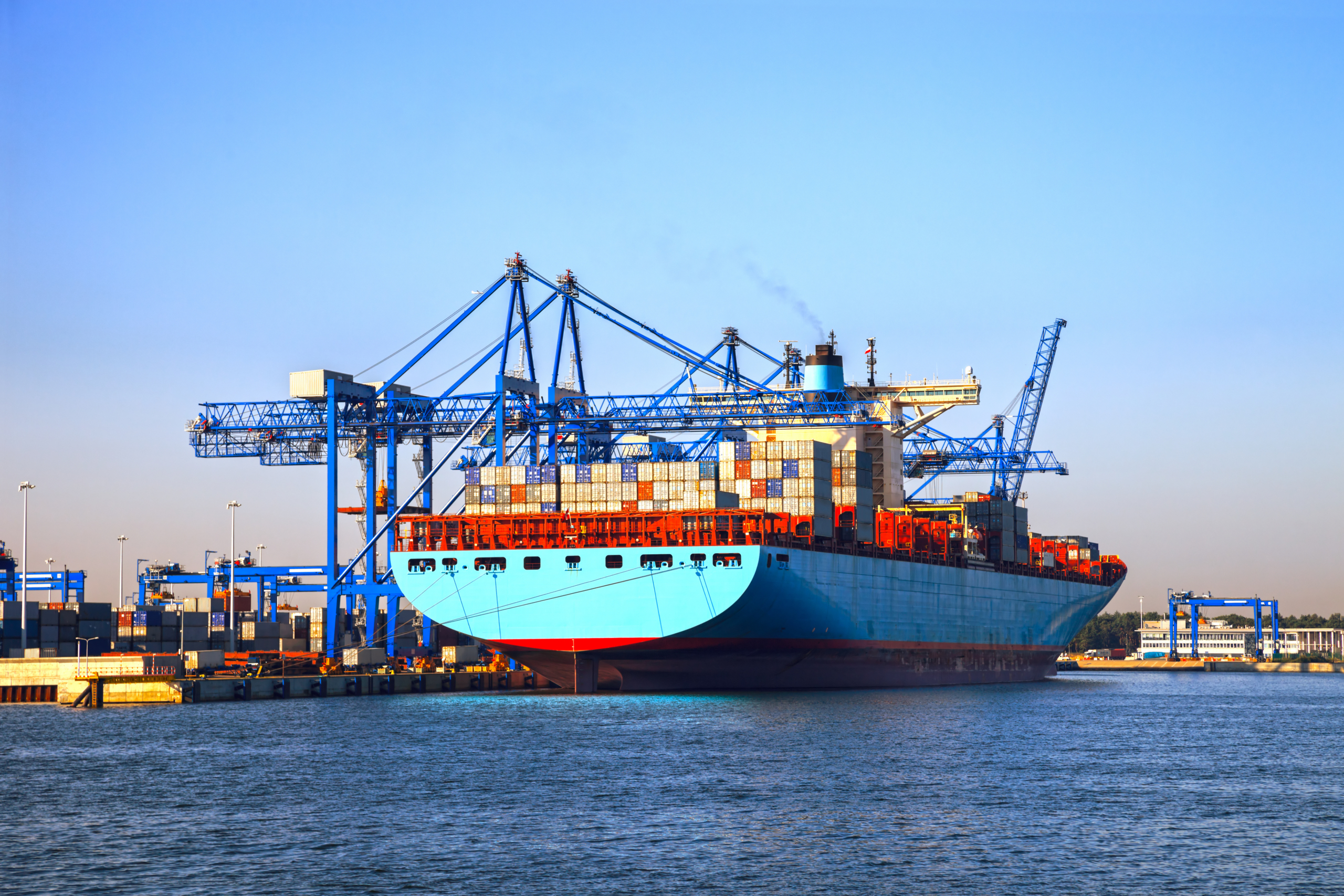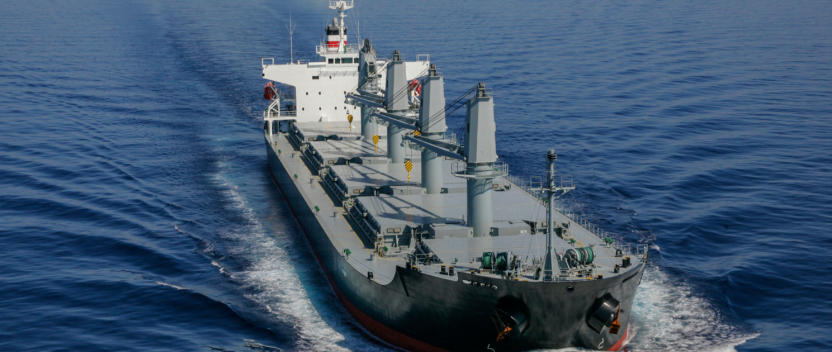It's not about the ship…

The call to decarbonise the global economy demands radical thinking about how to reinvent industries, business sectors and many of the basic elements of everyday life. But for shipping, it’s not just about the hardware.
For the boffins at Danish Ship Finance (DSF), some of the most transformative effects may come not from upgrades to materials or products but from more productive use of them through new business models, use of digitalisation and better process design.
In its latest market review, DSF says these changes are likely to accelerate the pace of efficiency gains across sectors, beyond anything seen before. For many of today’s vessel segments, decarbonisation represents a long-term challenge. This is because – contrary to previous predictions of constant growth – trade volumes will shrink as ships transporting fossil fuels begin to disappear. Over the same long time horizon, fewer large container vessels and bulk carriers will be needed too.
Transitioning to net zero is not only about the fuel but also about the business model, DSF believes. However, change on a scale of replacing fossil fuels with green ones, calls for a global perspective on sector integration. The introduction of greener fuels at scale is some years ahead, but it is already beginning to shape the strategic outlook, DSF believes.
The shipping industry has traditionally competed on cost and that is not about to change. But DSF says the potential for cost savings and new streams of revenue is likely to grow as the industry adopts new fuels and technologies to power innovation, grow increase and develop new services.
Addressing climate change requires a wide variety of innovations. The shipping industry will play its part, but it may look radically different by the time the global economy is fully decarbonised.
DSF doesn’t just think decarbonisation could spark major changes in the shipping industry’s competitive landscape. In the future, it says, revenue and costs may no longer depend solely on the vessel and its commercial and technical management – but equally importantly on business models and level of digital maturity.
The idea behind a digital business model for vessel ownership is not only to lower costs but also to introduce additional streams of revenue that can create value beyond the boundaries of the freight markets.
Someone at DSF has been encouraged to dream big, because it goes on to encourage us to think about what a new industry might look like. If a ‘mobility provider’ (shipowner) is able to buy energy at a lower cost than it can charge the user, then value is also created from the price arbitrage of the fuel.
This could foster a ‘vessel-as-a-service’ concept able to deliver value to shareholders not only through operational excellence (lower costs and lower emissions) and freight rates, but just as importantly from selling greener fuels to cargo owners.
In the absence of a spot market for greener fuels, individual owners will find it difficult to compete if they do not have the balance sheet to offer green transportation at an attractive price.
This model, which DSF alarmingly calls ‘servitisation’ allows the green fuel to be offered in combination with the vessel, or maybe more correctly the vessel service to be offered because of the green fuel.
It envisages a business model where the vessel is offered at a discount price to the market, since the fuel is sold at a premium to its purchased price. In that case, the equity investment in the vessel may see a greater return from fuel consumption than freight income.
Even DSF accepts that this may sound an implausible scenario, but it invites us to imagine if a combination of “a global tax on carbon, massive digitalisation, widespread standardisation and sector integration” were to introduce cost savings and an additional revenue stream that made it possible.
The impact on the competitive landscape of the shipping industry could be extraordinary, DSF reckons, though it would assume that owners accept the concept of supplying ‘low-cost zero-carbon cargo mobility’ to the market.
What we can be sure of is that DSF sees a smarter, more homogenised, better connected, data-driven industry emerging as the consequence of decarbonisation
Consolidated fleets using standardised components offer an attractive business case for a more economic approach to maintenance, with parts manufactured, reused and recycled multiple times to save cost and reduce the environmental footprint.
This becomes particularly interesting in a ‘shipping as a service’ model, where equipment manufacturers extend their business to licencing their equipment instead of selling it, similar to engine suppliers in the aero industry.
In this case, the data extracted from operating a standardised fleet of planes or ships becomes more valuable, since it allows the equipment manufacturer to improve performance and optimise the vessel performance across its lifespan.


